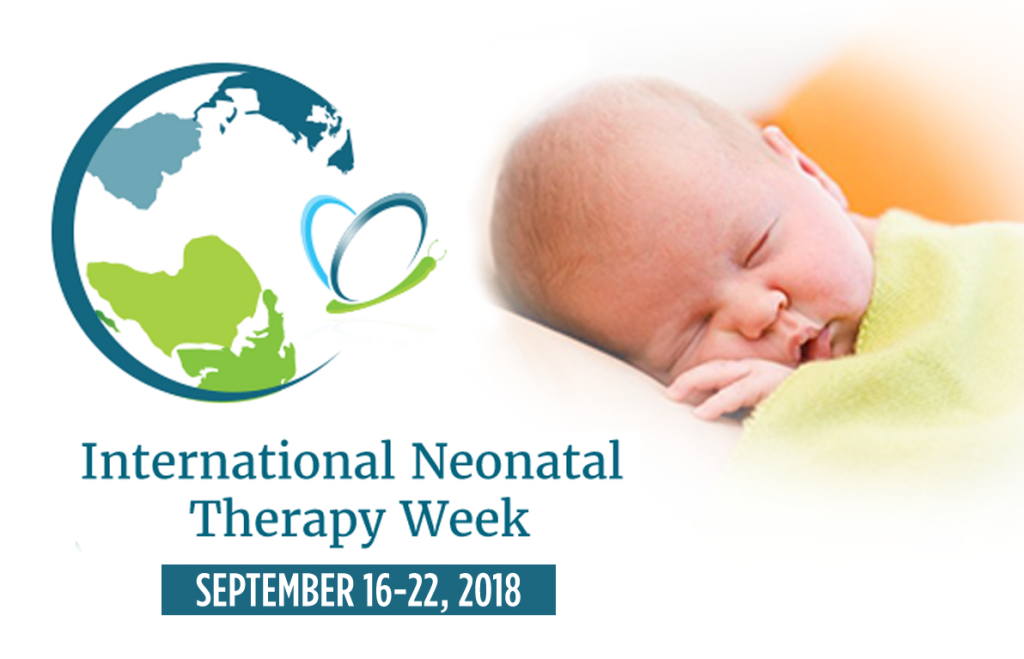GUEST BLOGGER and ERI Faculty Member: Kathryn Biel
Going back to school doesn’t seem that complicated. New pens and pencils. Bright sneakers with good laces. Backpacks. I mean, after all, we were all students once. And if you’re a new PT, OT, or SLP graduate, you’re probably sick of school. But this time, when the staff badge is hanging around your neck, things are different.
School-based therapy is a specialized area of the rehabilitation therapies, walking a fine line between the medical and the educational systems. For therapists, it can be a difficult shift between the two. While therapy is therapy, working in a school setting is a whole different ball of wax than working in a hospital, nursing home, or outpatient clinic. Additionally, due to the nature of how therapists are hired in the schools (at least here in New York), there don’t seem to be many opportunities for students to do fieldwork/clinical affiliations in the schools to gain experience.
And let me tell you, very little about being a student prepares you for being the teacher.
It’s a whole new world of federal plans and school policies. There are acronyms and abbreviations and of course, these are always changing. And most of the time, the school district doesn’t know what to do with the therapists either, so they may not have some of the answers we need. We may be classified as “teachers” but don’t require the same certifications and professional development criteria that certified teachers do. Often our administrators don’t provide and don’t even know where to start providing appropriate (and state approved for licensure) continuing education for us.
That’s where Therapies in the School comes in. I stumbled upon this conference a decade ago, and have been attending ever since. Even though I started my career in special ed schools and had been doing EI and pre-school evals, as well as treating peds in an outpatient clinic, I found myself in over my head once I went back to school. I’d been hired by a contract agency and tossed into a large, urban district with one other PT and two PTAs (not all of us full time in the district) to cover 16 schools. I knew a little.
I didn’t know enough.
I came home from my first day of work, bought a large binder, folders, page protectors, and pencils, and proceeded to cry a little as I tried to make sense of the stacks of paper I’d been handed at “orientation.”
If only I’d had a crash course in how to navigate the schools.
I don’t, but you do.
If you’re a new graduate (congratulations, you made it!) or new to the school system, consider attending my session, Support for Beginning Practice, School-Based Therapy 101 at the Nineteenth Annual Therapies in the School Conference on Thursday, November 15th. Together with Occupational Therapist, Nicole Barmen, we’ll fill you in on the ins and outs of the special education system, give you an inside key to all the abbreviations that use more letters than a Sesame Street episode, help fill up your toolbox, and help you back up your clinical opinions with research and data that your administrators can’t ignore.
Plus, if we have enough time, Nicole and I are rehearsing an interpretive dance for your viewing pleasure.
Oh, and one of the best things about going back to school every year are the new pens and pencils, bright sneakers with good laces, and backpacks. For you.
Trust me, you’ll need them.
See you in November!
Kathryn R. Biel, PT, DPT is a school-based physical therapist in Upstate New York. She’s a loyal attendee of the Therapies in the School conference, and occasionally blogs for Education Resources, Inc. When not doing all of that, Kathryn chauffeurs her children, begs her husband to do the grocery shopping, and writes novels that are romantic and funny.
]]>



